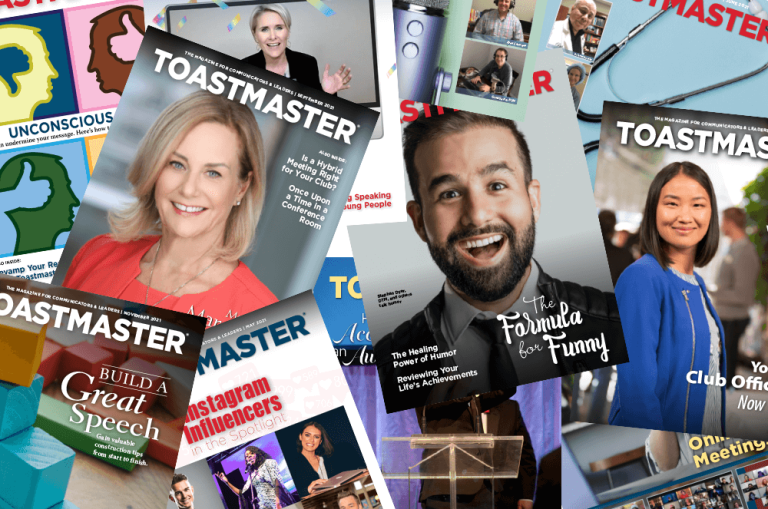Leaders Eat Last: Why Some Teams Pull Together and Others Don’t
Leadership extends beyond mere numbers and metrics. True leadership is about nurturing people and helping them thrive in their roles, creating a work environment where they find meaning and satisfaction. Simon Sinek’s Leaders Eat Last explores the essence of leadership, emphasizing that when leaders prioritize their people, the results will naturally follow. In this summary, we will delve into the fundamental principles discussed in the book, highlighting the human need for safety, the balance of essential chemicals, and the path to becoming a genuine leader.
Leaders Eat Last: An Overview
The Core Strength of an Organization
A company’s greatest asset lies not in its products or services but in its people. Their ability to collaborate, especially during crises, determines the organization’s success. However, loyalty and commitment are not inherent—they must be earned. Modern workplaces often reflect a transactional relationship rather than a genuine connection, where employees no longer feel a lasting allegiance to their employers.
Key Themes
In this summary, we will explore the following key themes from Leaders Eat Last:
- The human need for safety
- The balance of E.D.S.O. chemicals
- The concept of Circles of Safety
- The imbalance in modern workplaces
- Strategies for becoming a true leader
The Human Need for Safety
Survival Through Social Groups
Human beings have thrived due to our ability to innovate, organize, and work in social groups. Historically, our survival relied on the support of our tribes for essential resources like food and shelter. Despite the significant changes in our environment and organizational structures, our biological needs remain similar.
The 4 Chemicals: E.D.S.O.
Our survival is influenced by four key chemicals:
- Endorphins: These drive us to fulfill personal needs, such as securing food and solving problems, crucial for survival.
- Dopamine: This chemical helps us persevere through challenges by rewarding progress and achievements.
- Serotonin: Encourages collaboration and social bonds, fostering trust and loyalty within groups.
- Oxytocin: Builds deep connections and trust, enhancing cooperation and a sense of community.
Balancing Personal Drive and Social Needs
The interplay between these chemicals is essential for our well-being. They help balance personal ambition with the need for social connection. Understanding how these chemicals function can provide insights into fostering a healthier and more supportive work environment.
Circles of Safety
The Concept of Circles of Safety
In traditional settings, our family provides a Circle of Safety where we feel secure and valued. This concept extends to organizations, where a Circle of Safety ensures that employees feel protected and supported. Within this circle, people experience lower stress levels, better cooperation, and increased innovation.
Importance of Trust and Loyalty
Hiring should be akin to adding a new family member. Leaders must establish high standards and demonstrate loyalty to earn the same from their team. Sacrificing personal gain for the collective well-being is crucial to creating a Circle of Safety. Leaders must build and maintain trust to foster a positive work environment.
A Society That’s Out of Balance
Factors Leading to Imbalance
Modern workplaces are often characterized by an excess of stress and a lack of safety, resulting in a dangerous imbalance. Several factors contribute to this situation:
- Abstraction and Dehumanization: Global systems and data-driven management can lead to a disconnect from the human aspect of work, resulting in irresponsible behavior.
- Destructive Abundance: The shift from scarcity to surplus has led leaders to prioritize commercial interests over the well-being of their people.
- Social Changes: Shifts in societal values and increased individualism have led to higher stress levels and a lack of deep, meaningful connections.
The Impact of Modern Dynamics
Sinek explores how these factors contribute to a society where selfish and short-sighted actions become prevalent. This imbalance negatively affects individuals, organizations, and broader societal structures.
Becoming a Leader
The Challenge for the Next Generation
The younger generation faces unique challenges due to abstraction, abundance, and individualism. With rising isolation and mental health issues, there is a pressing need for leaders who can foster real human connections and create supportive environments.
Key Leadership Lessons
To become an effective leader, one must:
- Build Strong Organizations: Focus on creating environments where people feel valued and supported.
- Overcome Abstraction: Foster human connections and avoid managing solely through metrics.
- Provide Meaning: Help people find purpose and resilience in their work.
The Book in Just 20 Words
“Leadership is not about managing numbers but about creating environments where people thrive, find meaning, and work together harmoniously.”
Getting the Most from Leaders Eat Last
While this summary outlines the core ideas from Leaders Eat Last, the book offers in-depth examples and actionable insights. For a comprehensive understanding, consider exploring the complete book, which provides detailed strategies for effective leadership. Additional resources, including infographics and audio summaries, are available to deepen your understanding of these concepts.
About the Author
Leaders Eat Last is authored by Simon Sinek, an American author, speaker, and consultant renowned for his work on leadership and management. Born in the United Kingdom, Sinek later moved to the United States, where he earned a BA in cultural anthropology from Brandeis University. He is also an instructor of strategic communications at Columbia University and an adjunct staff member of the RAND Corporation. As the founder of Optimism Press, Sinek is dedicated to promoting positive leadership practices.
Leaders Eat Last Quotes
- “Our intelligence gives us ideas and instructions. But it is our ability to cooperate that actually helps us get those things done.”
- “Stress and anxiety at work have less to do with the work we do and more to do with weak management and leadership.”
- “Being a leader is like being a parent, and the company is like a new family to join.”
- “Cooperation and mutual aid work better than competition and rugged individualism.”
- “To earn the trust of people, the leaders of an organization must first treat them like people. To earn trust, he must extend trust.”
- “We are not victims of our situation. We are the architects of it.”
- “Just as money can’t buy love, the Internet can’t buy deep, trusting relationships.”
- “Responsibility is not doing as we are told, that’s obedience. Responsibility is doing what is right.”
- “Leadership is about integrity, honesty and accountability. All components of trust.”
- “Customers will never love a company until the employees love it first.”

